The world is changing at an unprecedented pace, and the challenges we face are becoming increasingly complex and interconnected. From climate change to artificial intelligence, from authoritarianism to social inequality, the issues we confront require innovative and impactful solutions. In this context, Yuval Noah Harari‘s book “21 Lessons for the 21st Century” offers a compelling and thought-provoking analysis of some of the most critical issues of our time. Harari’s insights provide valuable guidance for individuals, organizations, and governments seeking to create a positive social impact. In this article, we will explore how the key aspects of Harari’s book can be translated into practical actions that can help build a more just, equitable, and sustainable future for all.
Key Aspects of the Yuval Noah Harari’s book “21 Lessons for the 21st Century”
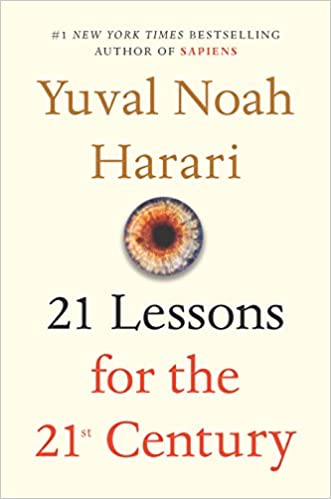 Yuval Noah Harari’s book “21 Lessons for the 21st Century” explores some of the most pressing issues of our time, ranging from the challenges posed by technological disruption and climate change to the erosion of liberal democracy and the rise of authoritarianism. Through his insightful analysis and thought-provoking commentary, Harari offers a compelling vision of the future that encourages us to rethink our assumptions about humanity, society, and the world.
Yuval Noah Harari’s book “21 Lessons for the 21st Century” explores some of the most pressing issues of our time, ranging from the challenges posed by technological disruption and climate change to the erosion of liberal democracy and the rise of authoritarianism. Through his insightful analysis and thought-provoking commentary, Harari offers a compelling vision of the future that encourages us to rethink our assumptions about humanity, society, and the world.
Firstly, Harari highlights the importance of critical thinking and self-awareness in the face of an increasingly complex and interconnected world. He argues that we need to develop a deeper understanding of our own emotions and biases, as well as the biases that are inherent in the information and technology we consume, in order to make informed decisions and navigate the challenges of the 21st century.
Secondly, Harari addresses the challenge of artificial intelligence and its potential to disrupt our social and economic systems. He warns that the widespread adoption of AI could lead to mass unemployment, social inequality, and the concentration of power in the hands of a few large tech companies. Harari suggests that we need to start thinking seriously about how to ensure that AI is used for the common good, and that we need to explore new models of education and work that will prepare us for a future in which machines play an increasingly important role.
Thirdly, Harari examines the impact of climate change and the urgent need for collective action to mitigate its effects. He argues that we need to move beyond individual actions, such as recycling or driving less, and focus on systemic change, such as transitioning to renewable energy and rethinking our economic models. Harari suggests that we need to develop a new narrative that emphasizes our interconnectedness with the natural world and that inspires us to take action to preserve the planet for future generations.

Lastly, Harari discusses the rise of authoritarianism and the erosion of liberal democracy around the world. He warns that the combination of political polarization, social media, and economic inequality is creating a fertile ground for demagogues and populists who seek to exploit people’s fears and anxieties. Harari suggests that we need to defend the principles of liberal democracy, such as freedom of speech and the rule of law, and to work towards a more inclusive and just society that promotes human rights and equality.
“21 Lessons for the 21st Century” is a thought-provoking and insightful book that offers a nuanced and compelling vision of the challenges and opportunities facing humanity in the 21st century. Through his exploration of critical issues such as AI, climate change, and authoritarianism, Harari encourages us to think deeply about our own values and assumptions, and to take collective action to build a better future for all.

Important Social Impact Implications from the Book “21 Lessons for the 21st Century” by Yuval Noah Harari
The book “21 Lessons for the 21st Century” by Yuval Noah Harari offers a compelling vision of the future, but it is not only a theoretical exercise. The key aspects of the book have important social impact implications that should be taken into account by individuals, organizations, and governments alike. In this article, we will explore how Harari’s analysis of critical issues such as critical thinking, artificial intelligence, climate change, and authoritarianism can be translated into social impact actions that can help build a better future for all.
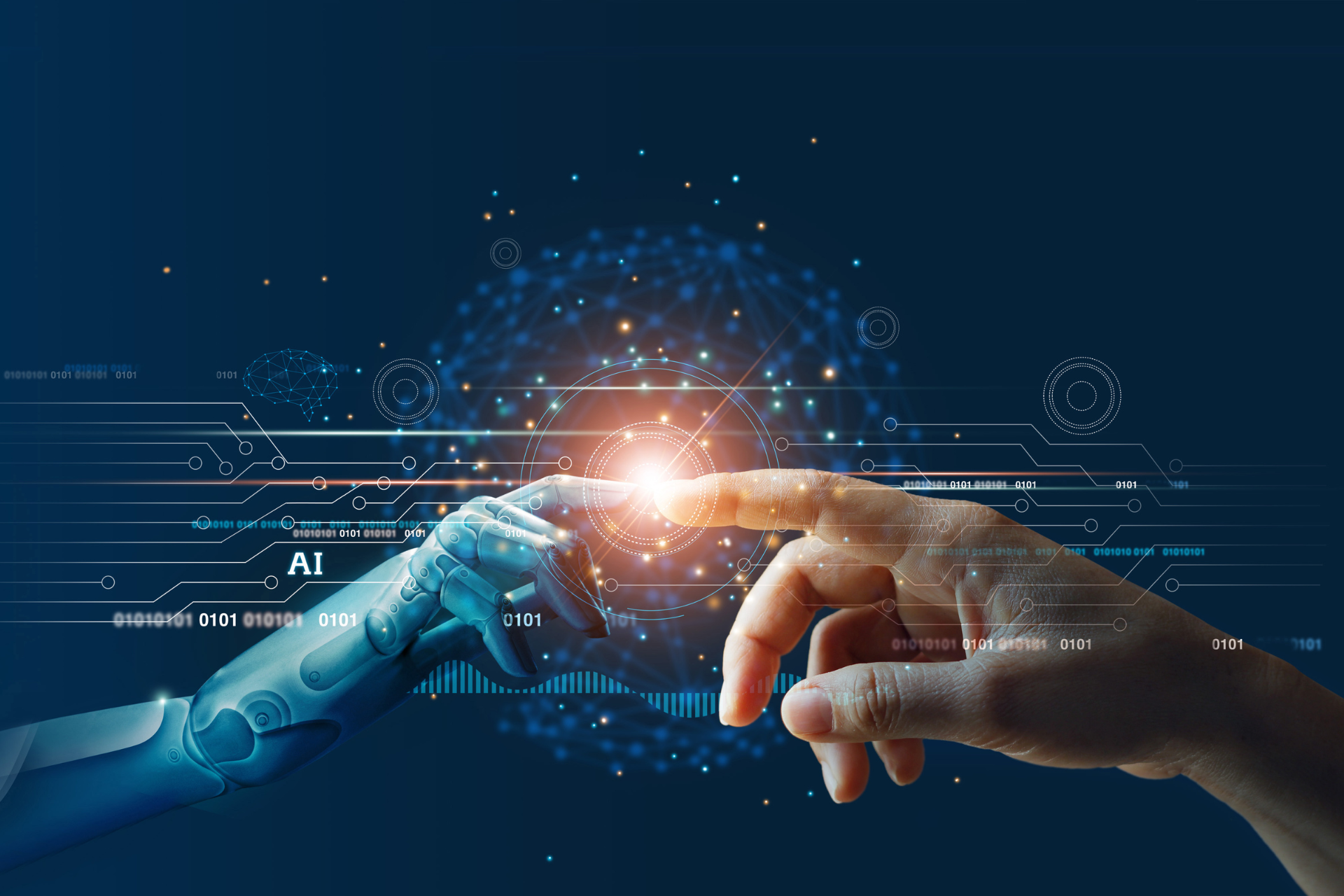
Critical Thinking and Self-Awareness
Harari emphasizes the importance of critical thinking and self-awareness in the face of an increasingly complex and interconnected world. In a world where fake news and misinformation are rampant, it is essential to develop the ability to analyze and evaluate information critically. This is particularly important for individuals and organizations that work in the social impact space, as they need to ensure that their actions and initiatives are evidence-based and effective. In addition, self-awareness is crucial for understanding our own biases and assumptions, which can impact our decision-making processes. By being self-aware, we can ensure that our actions are aligned with our values and that we are not unintentionally perpetuating harmful systems or practices.
Artificial Intelligence and Automation
Harari highlights the potential impact of artificial intelligence and automation on our social and economic systems. As machines become increasingly capable of performing tasks that were previously done by humans, we need to think about how this will impact employment and social inequality. Organizations working in the social impact space can play an important role in ensuring that the benefits of AI and automation are shared more equitably. This may involve advocating for policies that ensure that workers are not left behind, or investing in education and training programs that prepare people for the jobs of the future.

Climate Change and Environmental Sustainability
Harari also addresses the urgent need for collective action to mitigate the effects of climate change. Climate change is one of the most significant social impact issues of our time, and it requires a concerted effort from individuals, organizations, and governments to address it. Social impact organizations can play an important role in promoting environmental sustainability by investing in renewable energy, reducing waste, and advocating for policies that prioritize the environment. In addition, organizations can work to increase awareness and understanding of the impacts of climate change and the need for action, both within their own communities and on a larger scale.
Authoritarianism and the Erosion of Liberal Democracy
Harari warns about the rise of authoritarianism and the erosion of liberal democracy around the world. This is a critical social impact issue, as it impacts human rights, equality, and social justice. Social impact organizations can play a crucial role in defending the principles of liberal democracy, such as freedom of speech and the rule of law. They can work to promote human rights and equality, and to ensure that the voices of marginalized and vulnerable communities are heard and represented. Organizations can also work to promote dialogue and understanding between different groups, in order to combat polarization and divisiveness.

In conclusion, the key aspects of “21 Lessons for the 21st Century” have significant social impact implications. From promoting critical thinking and self-awareness, to addressing the impact of AI and automation, to mitigating the effects of climate change, and defending the principles of liberal democracy, there is much that individuals, organizations, and governments can do to build a better future for all. By taking action on these critical issues, we can work towards a more just, equitable, and sustainable world.
Other significant books by Yuval Noah Harari:
Sapiens: A Brief History of Humankind
“Sapiens: A Brief History of Humankind” by Yuval Noah Harari is a fascinating exploration of the history of humanity. Harari’s writing is engaging and thought-provoking, taking readers on a journey from the emergence of Homo sapiens to the present day. One of the most impressive aspects of the book is the way that Harari weaves together insights from different disciplines, including history, biology, and sociology, to create a comprehensive and compelling narrative. His analysis of the rise of human civilization, the emergence of religion and science, and the impact of agriculture and industry on society is both enlightening and provocative. Overall, “Sapiens” is a must-read for anyone interested in understanding the history of humanity and the challenges we face in the present day.
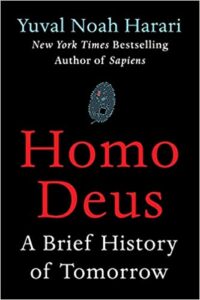 Homo Deus: A Brief History of Tomorrow
Homo Deus: A Brief History of Tomorrow
“Homo Deus: A Brief History of Tomorrow” by Yuval Noah Harari is a thought-provoking and ambitious exploration of the future of humanity. Building on the insights of his previous book, “Sapiens,” Harari offers a compelling vision of the direction that human civilization may be heading. His analysis of the impact of technology on society, the potential for new forms of inequality, and the blurring of the line between human and machine is both insightful and troubling. Harari’s writing is engaging and thought-provoking, taking readers on a journey from the origins of humanity to the potential future of our species. While the book offers a pessimistic view of the future, it is a necessary and important read for anyone interested in understanding the direction of human civilization and the challenges we will face in the coming decades.

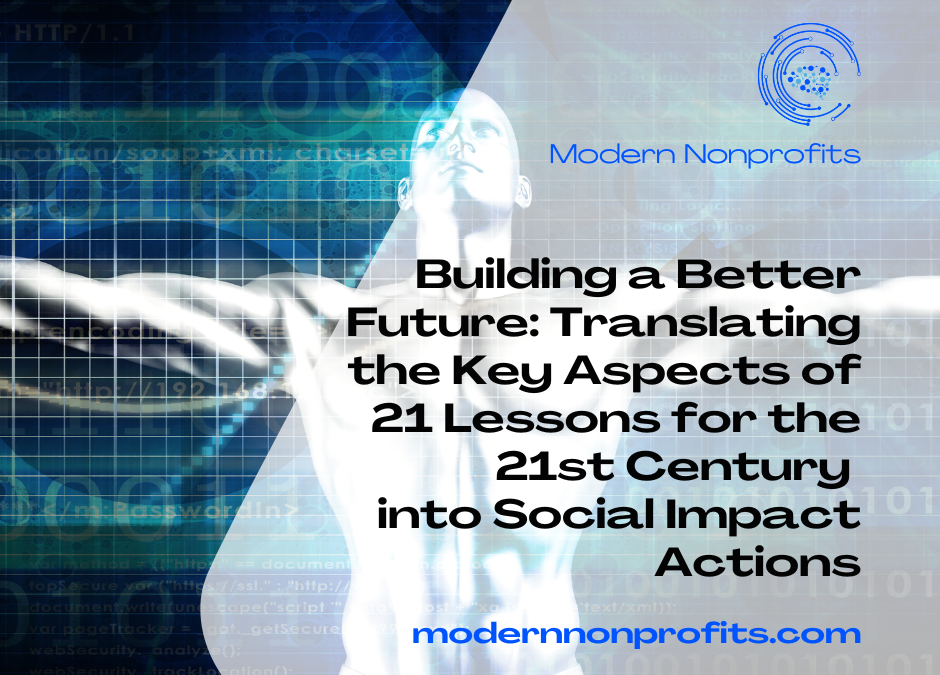
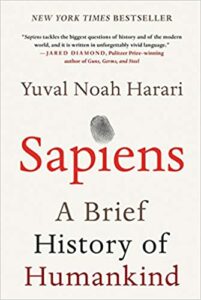

Thank you for this great breakdown of Harari’s book!
While most of the other points in the book make sense, I’ve always been in this dilemma whether Artificial Intelligence and Automation can truly be a major threat – like, do you really think it’ll significantly impact humans as a race, our wellbeing et al? Is it possible for AI to “takeover” at some point? It seems a little unfathomable to me, but then again, this isn’t my field – so I wonder what your take is on it…
Thank you for your comment. I personally love Harari and his critical review of the world in which we live.
Regarding your question about AI, I believe is a normal course of changing eras. Although from the current point of view they seem terrifying to us, and that they fundamentally change the way of life we are used to, I still think that the impact they will have on humanity will be positive. We have to wait and see how the events will unfold, and to witness a new era of living.
I really enjoyed your review of 21st Century into Social Impact Actions. I think it is important to look into the future particularly in reference to things from the past. The industrial revolution was seen as potentially ruining society because of job loss, quality loss and cost. I think that AI can have a great benefit, but it must be introduced and used properly. I don’t see the possibility of a terminator type scenario. I also think that as we are bombarded with information, critical thinking is incredibly important. Thanks for introducing this work. I am going to check it out further.
Dear Anastazja, I am glad you like my writing. Regarding AI and the future of technology development, I see it as an opportunity for all of us as a society. Make sure you read something else from Harari, he is exceptional.